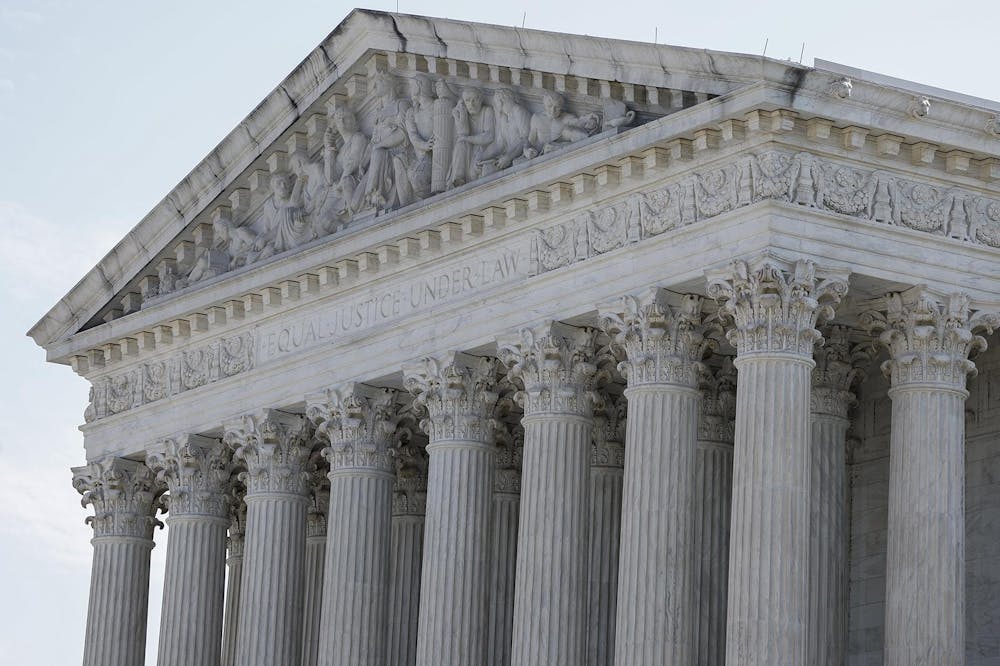The U.S. Supreme Court declined Monday to hear a conservative group’s appeal to block IU’s bias-motivated incident reporting policy. The Washington-based group Speech First claimed the policy was a violation of the U.S. Constitution’s First and Fourteenth Amendments.
Indiana University defines a bias-motivated incident as “any conduct, speech, or expression, motivated in whole or in part by bias or prejudice meant to intimidate, demean, mock, degrade, marginalize, or threaten individuals or groups based on that individual or group's actual or perceived identities.”
Speech First filed the suit against IU in May 2024 on the basis that “students shouldn’t face disciplinary sanctions for simply expressing their views, asking questions or challenging their peers’ assumptions,” Speech First Executive Director Cherise Trump said on the organization’s website.
The original complaint, filed in the U.S. District Court for the Southern District of Indiana, called for IU’s policy to be declared unconstitutional and prohibited. IU President Pamela Whitten is included as a defendant, who requested for the case to be dismissed. After the initial district court ruling in August 2024, which concluded Speech First was not the primary party of interest and therefore did not have a case, the group appealed to a higher court.
According to the IU bias incident reporting website, IU does not take disciplinary action or conduct formal investigations of bias incidents. Instead, the bias reporting team invites reported students to “voluntary discussions.”
Conservative justices Clarence Thomas and Samuel Alito dissented from the court’s decision to not hear the appeal. In his written dissent, Thomas expressed concern that since hundreds of schools have bias response teams, the court will eventually need to resolve the rift.
Last year, the Supreme Court declined to review a similar dispute where Speech First challenged Virginia Tech University’s policy for monitoring and reporting bias incidents. The school disbanded the program by the time it reached the high court.
The debate over free speech has become a point of tension at universities across the country, especially following widespread protests concerning the Israel-Hamas war in 2023 and 2024. Last summer IU approved the expressive activity policy which set guidelines for speeches and protests on IU campuses, sparking further concerns in the IU community about free speech.




